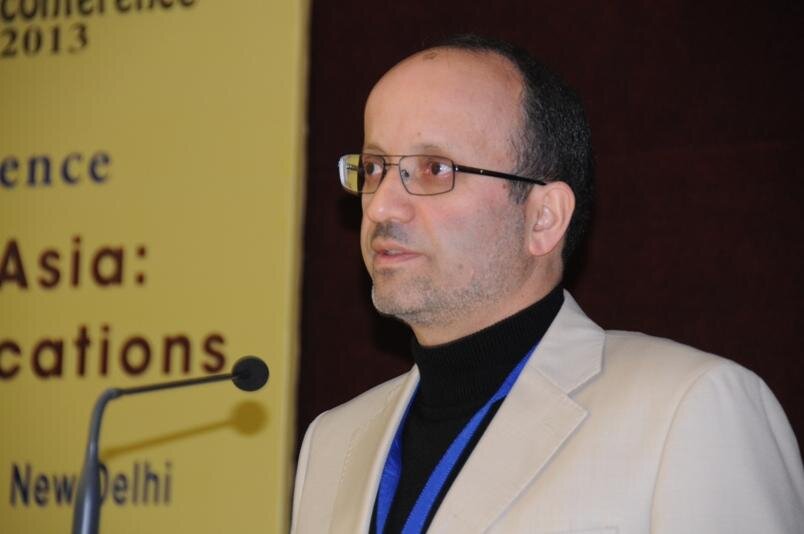For many centuries, generations after generations of humankind have been seeking and hoping to find a mechanism by which they can eliminate or limit the acts of aggression and war, and to build a kind of relationship among nations across the world based on lasting peace and justice. In late 19th century and early 20th century and specially by the relative success of the Hague Conferences (1899-1907) and then establishment of the League of Nations this ray of hope got a chance to boost, and millions of people around the world thought this newly born international institution is the one that they and their ancestors have been waiting for. However the event of the Second World War proved that this optimism was wrong.
Yet the members of international community did not give up their dreams and soon they invested their hope again in a new international organization called the United Nations and put their signatures under its charter which promised to “…save succeeding generations from the scourge of war…and to establish conditions under which justice and respect for the obligations arising from treaties and other sources of international law can be maintained”. This was a promise that the UN in general, and its Security Council in particular simply failed to keep.
Now as the organization celebrates the 75th anniversary of it its establishment, many observers across the globe remain very much skeptical of its ability to live up to the goals of many of its founding members. During the past seven decades the UN has been miserably either unable to prevent many bloody wars and conflicts, or merely has been a silent witness to the huge pain and suffering imposed on many nations who found themselves victims of unjust and brutal policies of certain powers including illegitimate economic sanctions. It is a tragedy to see how the cause of JUSTICE has fallen victim of power politics and national interests of few countries even within the UN framework.
Having said that, one can hardly deny the fact that in spite of its many shortcomings, and criticisms towards it, yet the United Nations has had many achievements, and has the potentials to represent the collective will of international community and to defend the rights of the majority of nations in the face of aggressive behavior of the few. Unless the United Nations structure and especially its Security Council undergo a meaningful reform, it would be very difficult, almost impossible to imagine how it can play the role that its founders pledged in introduction of its charter three quarters of a century ago. The UN is now facing many challenges among which the U.S. unilateralism seems to be the most important one threatening the underlying principle of the UN system which is equal rights of all nations according to international law and multilateralism.
Mohammad Hassan Khani - Graduate of Peace Studies Department at Bradford University in UK, currently an Associate Professor of International Relations at the Faculty of Islamic Studies and Political Science at Imam Sadiq University in Tehran


No comments:
Post a Comment